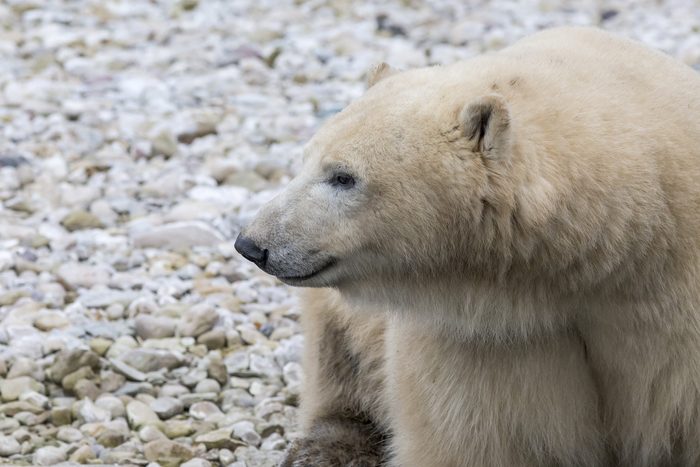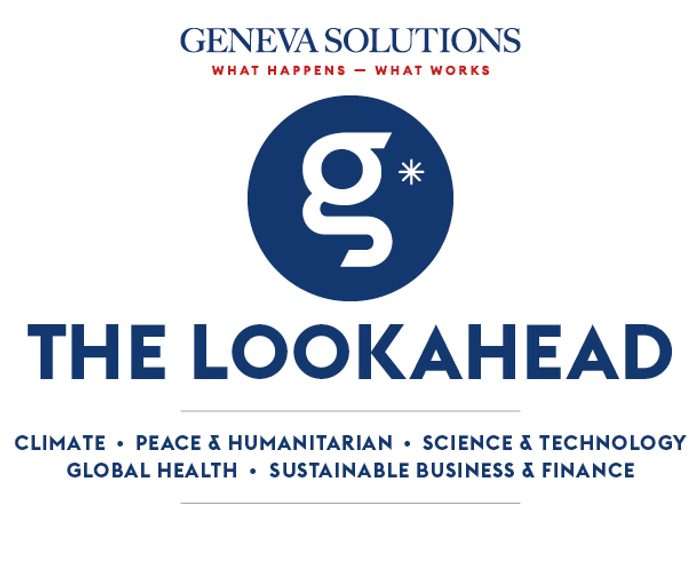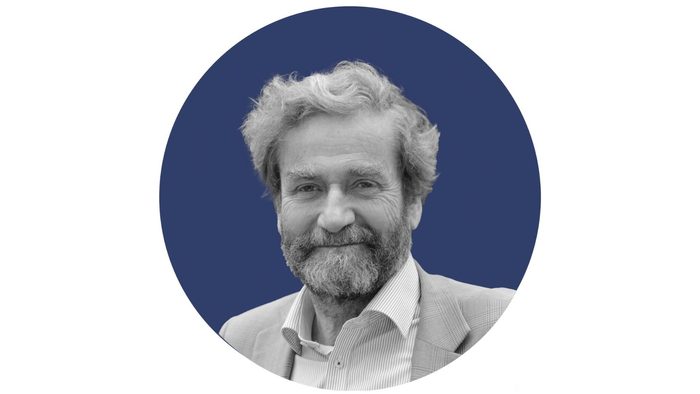Good morning, this is Kasmira, and today we’ve asked Thierry Courvoisier, astrophysicist and former president of one of Europe’s leading science advisory bodies to reflect on the impact of the sanctions for the science community after CERN last week became one of the latest institutions to suspend new collaborations with Russia.
Aside from the Human Rights Council which continues in Geneva this week, there’s a lot going on as countries resume negotiations for a new biodiversity agreement, and the next round to elect a new director general at the ILO kicks off. Catherine Fiankan-Bokonga, fellow reporter and long-time UN correspondent in Geneva, spoke with Gilbert Houngbo, former Togolese prime minister and one of the frontrunners for the job. |

|

Polar bears are classified as a species vulnerable to extinction as a result of shrinking ice in the Arctic, caused by climate change. (Photo: Erik Karits/Pixabay)
|
|
🏁 Development expert one of frontrunners in race for ILO top job.
While Europe’s most horrific war in decades rages in Ukraine, the race to appoint a new director general of the International Labour Organization (ILO) in Geneva is passing almost unnoticed. The next stage of the election process begins today, with the African Union’s candidate, former Togolese prime minister Gilbert Houngbo, already emerging as one of the favourites for the job. He spoke to Geneva Solutions.
Geneva Solutions (EN)
|
|
Here's what else is happening
|
|
🔬 ‘Science sanctions on Russia should not stop exchanges between scientists’.
Western science institutions, including CERN in Geneva, are severing relations with their Russian counterparts as part of escalating sanctions against Moscow. But individual scientists should continue to foster ties and could well offer one of the first paths to peace, argues Thierry Courvoisier, astrophysicist, emeritus professor at the University of Geneva, and former president of the European Academies Science Advisory Council (EASAC).
Geneva Solutions (EN)
|
|
|
📌 16 March | High-level pledging event on the humanitarian crisis in Yemen.
The UN with the governments of Sweden and Switzerland will hold a pledging conference this week aimed at meeting the billions of dollars needed to stave off the devastating impacts of more than seven years of war. UN officials estimate that around $3.9bn is needed to help some 16 million people in the country where hostilities have continued to intensify. Over 380,000 people have died since the beginning of the conflict, including 10,200 children, Unicefsaid on Saturday.
UN OCHA (EN)
|
|
📌 19-20 March | Conference: Switzerland and the Evian Accords.
Sixty years ago, on 18 March 1962, the Evian Accords were signed ending the war between Algeria and France after 132 years of colonisation. By offering its good offices under a policy of active neutrality, Switzerland played a key role. The symposium taking place between Lausanne and Geneva, involving six round-table events, aims to shed light on negotiations behind the scene.
UNIGE (EN)
|
|
|
GS news is a new media project covering the world of international cooperation and development. Don’t hesitate to forward our newsletter!
Have a good day!
|

|
|
Avenue du Bouchet 2
1209 Genève
Suisse
|
|
|
|









